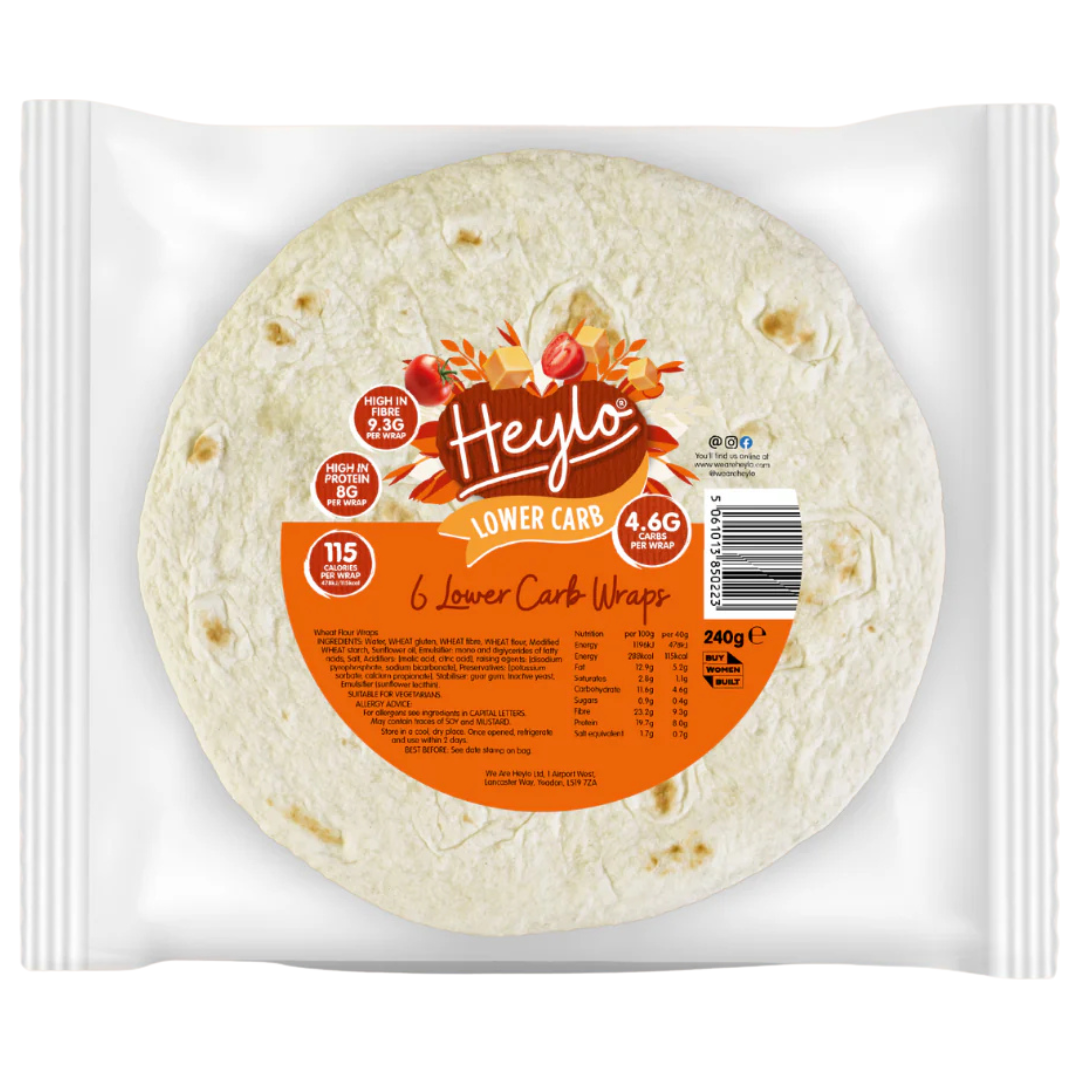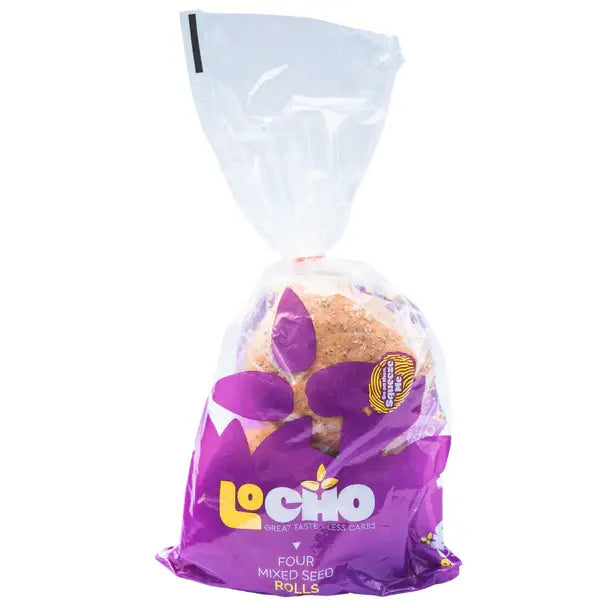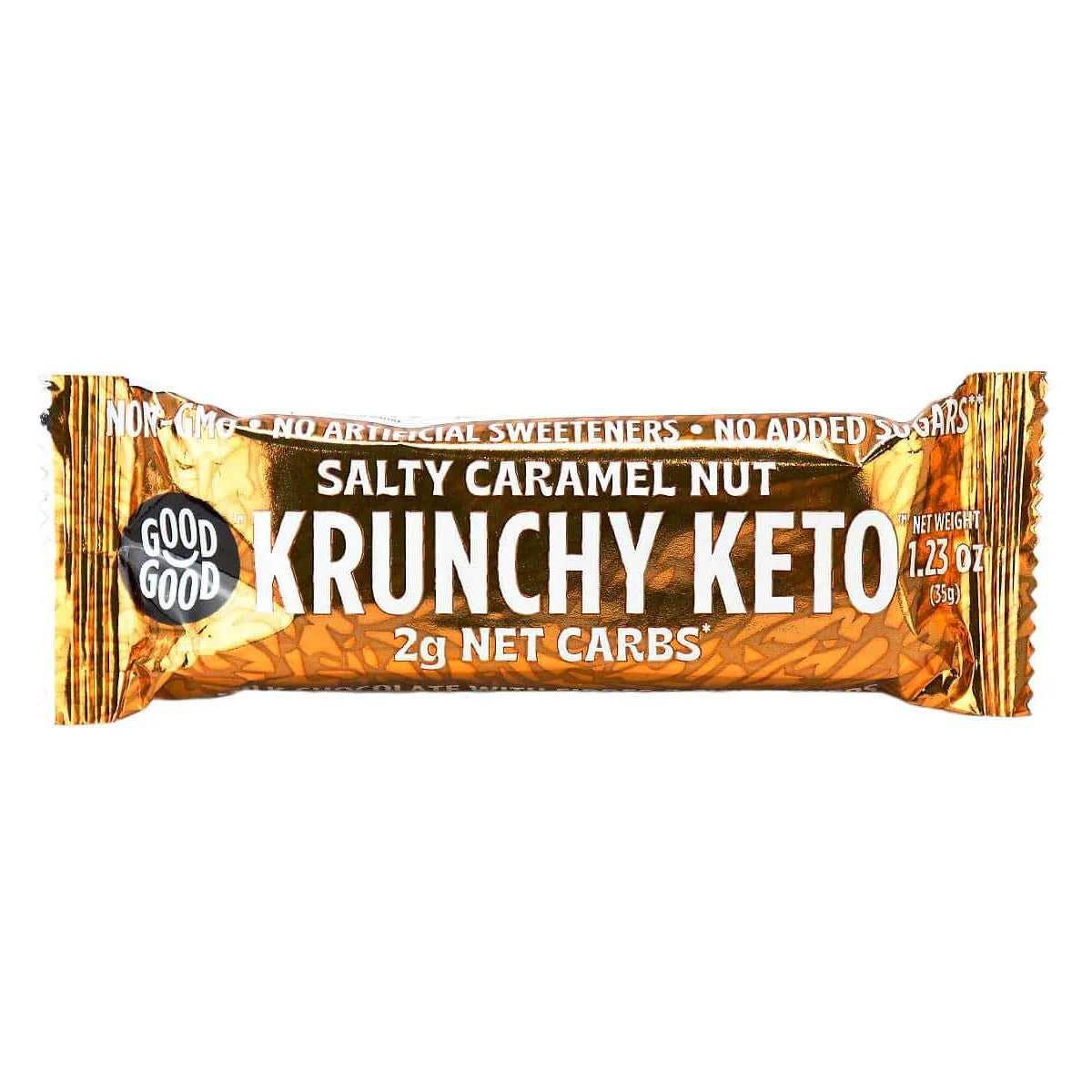Harnessing the Power of MCT Oil in the Keto Journey
MCTs (medium-chain triglycerides) are a type of saturated fat that differs in how they are metabolized compared to long-chain triglycerides. These unique fats provide a rapid and efficient source of energy, similar to carbohydrates, making them incredibly valuable for individuals following a ketogenic diet. At The Keto Shop, we stock Hunter & Gather's incredible C8 & C10 MCT Oil, perfect for your keto lifestyle.
How Many Carbohydrates Are Allowed?
On a ketogenic diet, carb consumption is typically limited to around 25-60g a day, making up 5-12% of total energy intake. To put things into perspective, a medium apple alone contains roughly 25g of carbs. The maximum carb intake while maintaining nutritional ketosis varies depending on factors like exercise, time in ketosis, and body mass index (BMI). Nutritional ketosis occurs when blood ketone levels exceed 0.5mmol/L.
Understanding Ketones
Ketones are fatty acid metabolites that serve as an alternative energy source for the body. During a ketogenic diet, your body primarily utilizes ketones instead of glucose for fuel. While exogenous ketones (supplements sourced outside the body) exist, they don't automatically induce ketosis. Ketogenesis occurs when glucose and glycogen stores are depleted, prompting the body to break down stored fat and dietary fats to produce ketones.
Getting Into Ketosis
Initially, the body relies on glucose for energy. However, once glucose and glycogen reserves are exhausted, ketone production increases. This shift occurs when daily carb intake is significantly reduced, leading to a low-carb or ketogenic state. It's important to note that adequate protein intake is necessary to support the ketogenic diet as the body can convert certain amino acids from protein into glucose, potentially interfering with ketone production.
Exploring Weight Loss Potential
While the ketogenic diet may lead to rapid weight loss during the initial stages, this typically stems from the depletion of glycogen stores and the associated loss of water weight. The diet's satiating effect, increased protein intake, and potential for slightly elevated energy expenditure contribute to its efficacy.
Keto's Impact on Neurological Diseases
Ketogenic diets have a long history of successful use in treating epilepsy, reducing the frequency and severity of seizures. Ongoing research explores ketosis' potential benefits for Alzheimer's, Parkinson's, and other neurodegenerative diseases. While the exact mechanisms are unclear, it's thought that ketone bodies may serve as an alternative energy source, or possess neuroprotective properties.
Making Dietary Adjustments
Adopting a ketogenic diet often entails reducing fruit and fibre consumption due to their carbohydrate content. However, it's possible to obtain sufficient fibre through alternative sources such as nuts and vegetables. Careful planning is essential to ensure nutrient needs are met while maintaining ketosis. Although animal-based foods might be more naturally suited for a ketogenic diet due to their lower carb content, it is crucial to create a well-rounded dietary approach.

















